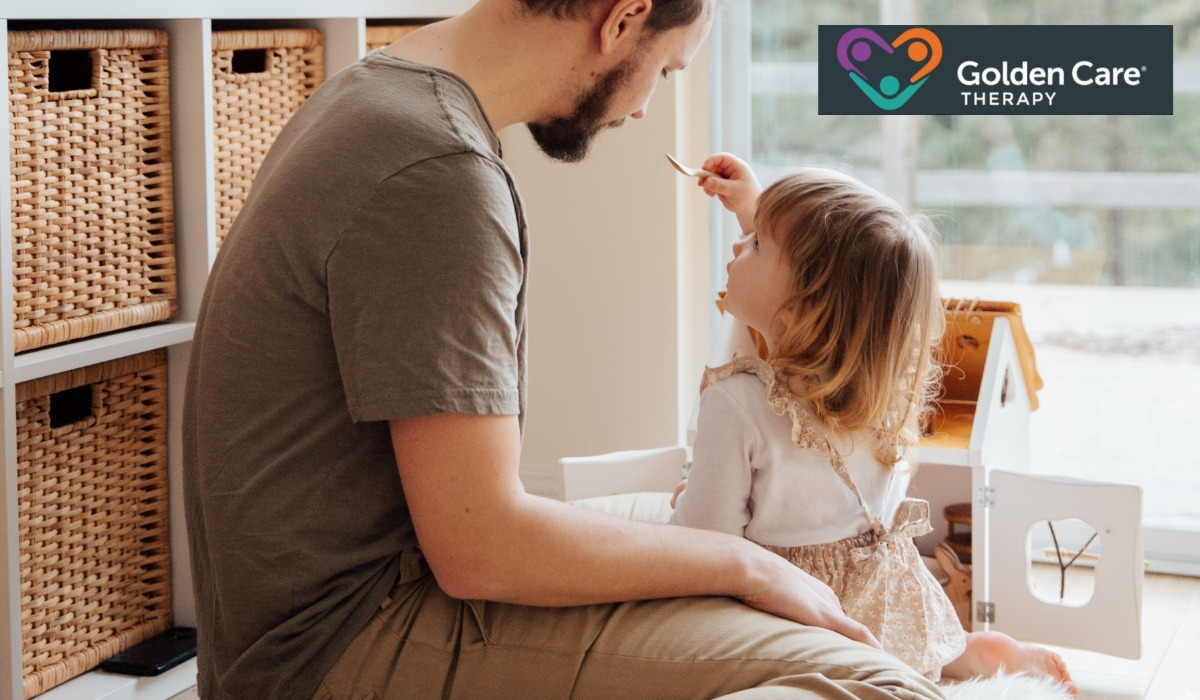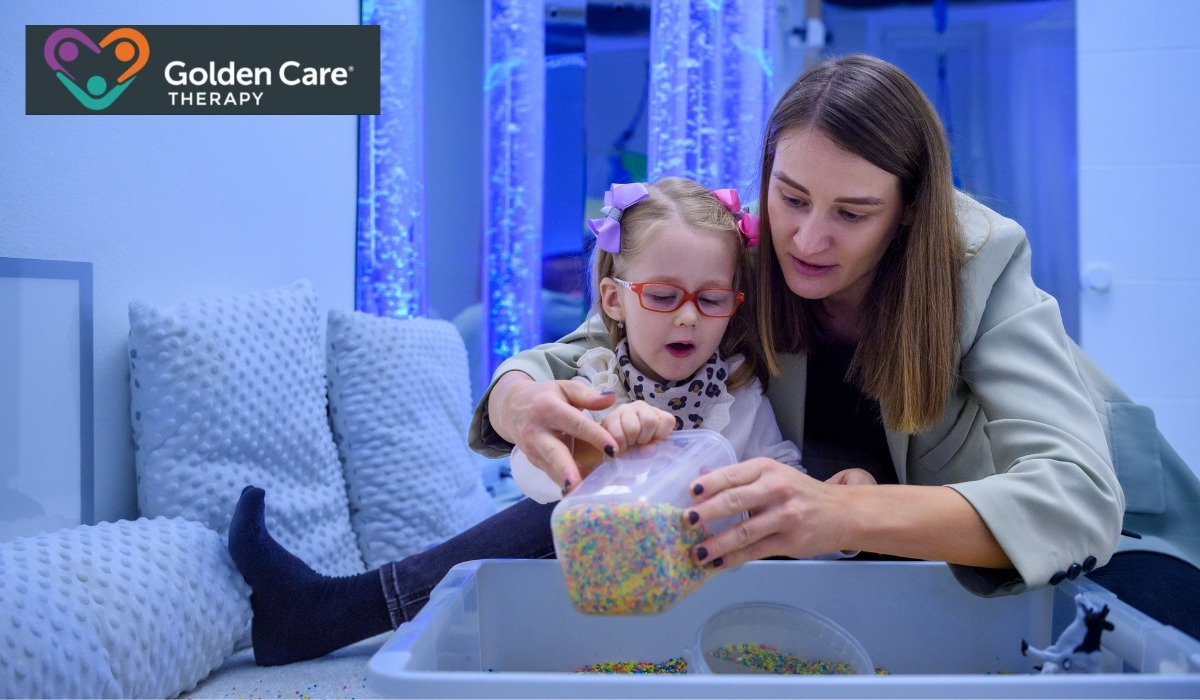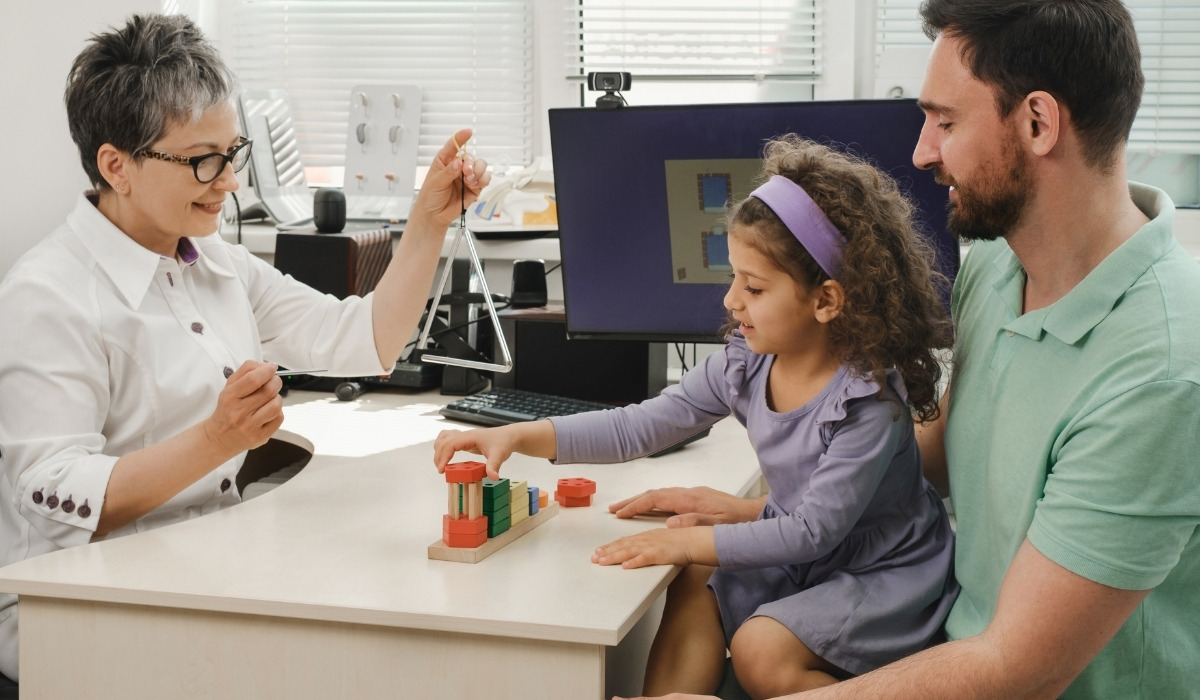Key Points:
- A first ABA session in Essex County includes observation, assessment, and relationship-building.
- Parents play an active role from Day 1, helping shape goals and routines.
- Understanding the process ahead of time can ease anxiety and maximize outcomes.
Starting something new for your child—especially something as personal and important as ABA therapy services in Essex County, New Jersey—can feel overwhelming. Questions race through your mind: What will they do during the first session? Will my child cry? How involved should I be? You’re not alone in asking.
This guide will walk you through what to expect in your first ABA session, how it’s tailored for your child, and how parents like you can feel empowered—not just informed. Whether your child has just received an autism diagnosis or you’re switching providers, knowing what lies ahead helps make that first day count.
What Actually Happens During a First ABA Session
You won’t walk into a cold clinical experience. That first session is more observation than instruction, more play than pressure. ABA therapy—especially early on—is about connection, not correction.
Here’s a breakdown of what typically happens:
Initial Introductions
The behavior technician (RBT) and supervising BCBA will take time to build rapport with both your child and you. You’ll likely see the therapist engage in simple play or preferred activities your child enjoys.
Environment Observation
Whether in a center or your home, the therapist will observe how your child behaves in their natural setting. They’ll take note of things like attention span, play style, social initiations, and reactions to prompts.
Behavioral Baseline Collection
Don’t expect intensive demands. Instead, therapists may test a few basic responses (e.g., responding to name, following simple directions) just to get a feel for your child’s starting point.

Parent Q&A and Collaboration
You’ll be asked about your goals, routines, concerns, and hopes for therapy. It’s a two-way conversation where your insight shapes what therapy will look like.
Preference Assessment
The therapist might use a structured “preference assessment,” gauging which toys, activities, or interactions your child gravitates toward. These reinforcers will later help motivate participation in future sessions.
Expect a session that feels more like play than therapy. And that’s intentional. Good ABA doesn’t rush—it observes, builds, and individualizes.
What ABA Therapists Are Looking For in That First Session
No two kids are the same—and that’s the point. The first session is when the BCBA begins collecting data to build a treatment plan that’s not just effective, but also respectful of your child’s personality and needs.
Therapists are watching for:
- Communication Style: Do they use verbal speech? Gestures? Eye contact? A mix?
- Behavioral Responses: Are there frequent meltdowns? Escape behaviors? Do they seek sensory input?
- Social Engagement
How do they react when others approach or attempt to play? - Motor and Cognitive Skills
Can they complete puzzles, stack blocks, follow instructions? - Play Interests and Avoidance
What brings joy? What causes distress?
These aren’t pass/fail evaluations—they’re foundational insights. At Golden Care Therapy, therapists know that gathering this kind of context leads to therapy that feels more natural and supportive, not scripted or forced.
Your Role as a Parent in the First ABA Session
You may wonder, Should I sit in the room? Do I hover or step back?
In the first few sessions, your involvement is not only welcomed—it’s essential. The therapist needs your input to understand your child’s strengths, triggers, routines, and goals. Here’s what your role typically looks like:
- Sharing Daily Routines: From morning struggles to bedtime challenges, your input helps customize the therapy plan.
- Highlighting Priorities: Whether it’s potty training, reducing hitting, or improving language, your priorities guide the direction of therapy.
- Observing Interactions: Watching the therapist interact with your child helps you understand the ABA approach—and allows you to try similar techniques at home.
- Asking Questions Freely: Wondering why the therapist is doing something a certain way? Ask. The goal is collaboration, not mystery.
Think of this as the first step in a long-term partnership.
4 Common Parent Concerns—and What Actually Happens
If you’re feeling nervous, you’re not alone. Parents often come into ABA therapy with valid concerns, and it helps to know what’s fact vs. fiction.
Here are a few common concerns and how they’re typically addressed:
“Will they make my child sit at a desk and do flashcards?”
No. First sessions focus on naturalistic observation. Structure comes later and is individualized.
“What if my child cries or has a meltdown?”
That’s okay. Trained ABA therapists expect big emotions. The session might pause, slow down, or switch activities—but no behavior is punished for occurring.
“Do I need to bring anything?”
Not always, but some parents bring a favorite toy, snack, or comfort item. You might also bring reports from doctors or schools if available.
“Will my child like the therapist?”
Probably not immediately—and that’s normal. Building rapport is a process, but experienced therapists use reinforcement and sensitivity to earn trust over time.
ABA therapy isn’t a quick fix—it’s a journey. But that first session can be the start of major transformation, especially when both parent and therapist are aligned.

How to Prepare Your Child for Their First ABA Session
While ABA therapists are trained to adapt, some preparation at home can ease the transition. Here’s how to make that first session smoother:
Ways to prepare ahead of time:
- Talk Positively About the Visit: Use simple, upbeat language like: “You’re going to meet someone new who wants to play and help you.”
- Bring Favorite Items: A beloved toy or snack can provide comfort and be used as motivation during the session.
- Try a Visual Schedule: Use pictures or a basic timeline to explain what’s happening next (e.g., breakfast → car ride → play with new friend).
- Avoid Surprises
Let your child know ahead of time rather than springing it on them. - Allow Extra Time: Don’t schedule other appointments right after. First sessions often go over their estimated time.
Parents who take the time to prepare often find the transition into ABA smoother—and therapists can focus more on your child when there’s less initial anxiety.
5 Benefits of ABA Therapy Services in Essex County, New Jersey
Families in Essex County have access to a wide variety of ABA therapy providers, but quality makes a big difference. Golden Care Therapy, for example, offers ABA therapy services in Essex County, New Jersey that prioritize personalized care, family training, and consistent progress monitoring.
Benefits of starting ABA services locally include:
- In-Home Options: Many providers offer therapy in the child’s natural environment, allowing generalization of skills.
- School Collaboration: Essex County therapists often work directly with your child’s school to align supports.
- Parent Training Programs: BCBAs coach families so the progress doesn’t stop after the session ends.
- Shorter Waitlists: Compared to other areas, Essex County providers may offer quicker assessments and treatment plan development.
- Multilingual Staff: Reflecting the area’s diversity, therapists often speak multiple languages and understand various cultural dynamics.
When therapy is this tailored, your child has more than a chance—they have a supportive framework for thriving.

What Happens After the First ABA Session?
The first session is just the beginning. After that initial meeting, the BCBA will analyze the observations and begin drafting a treatment plan tailored to your child’s needs.
Post-session steps include:
- Data Review: The therapist reviews notes and collects data to identify strengths, needs, and behavior patterns.
- Parent Feedback Integration: Your concerns, priorities, and values are incorporated into therapy goals.
- Treatment Plan Development: The BCBA creates goals and intervention strategies that reflect your child’s unique learning profile.
- Insurance Submission (if applicable): The plan is submitted for insurance approval if required, and adjustments are made as needed.
- Therapy Begins in Full: Once the plan is approved, regular sessions begin—usually several times a week with a combination of skill-building and behavior management.
This is the phase where true progress starts—but it’s rooted in the care and precision of that very first session.
Give Your Child the Best Start with ABA Therapy
Starting ABA therapy can feel like stepping into the unknown—but with the right guidance and a compassionate team, it quickly becomes a journey of growth, connection, and confidence. That first session in Essex County is more than just an introduction—it’s the launchpad for meaningful change.
At Golden Care Therapy, we specialize in ABA therapy services in Essex County, New Jersey, offering families personalized support rooted in clinical excellence. Whether your child is just beginning their diagnosis journey or transitioning from early intervention, we’re here to help them build skills that matter.
Let’s help your child take that first step—with comfort, clarity, and care. Start ABA therapy in Indiana, New York, Georgia, and Florida today. Reach out to us and give your child a path toward confidence and independence.



